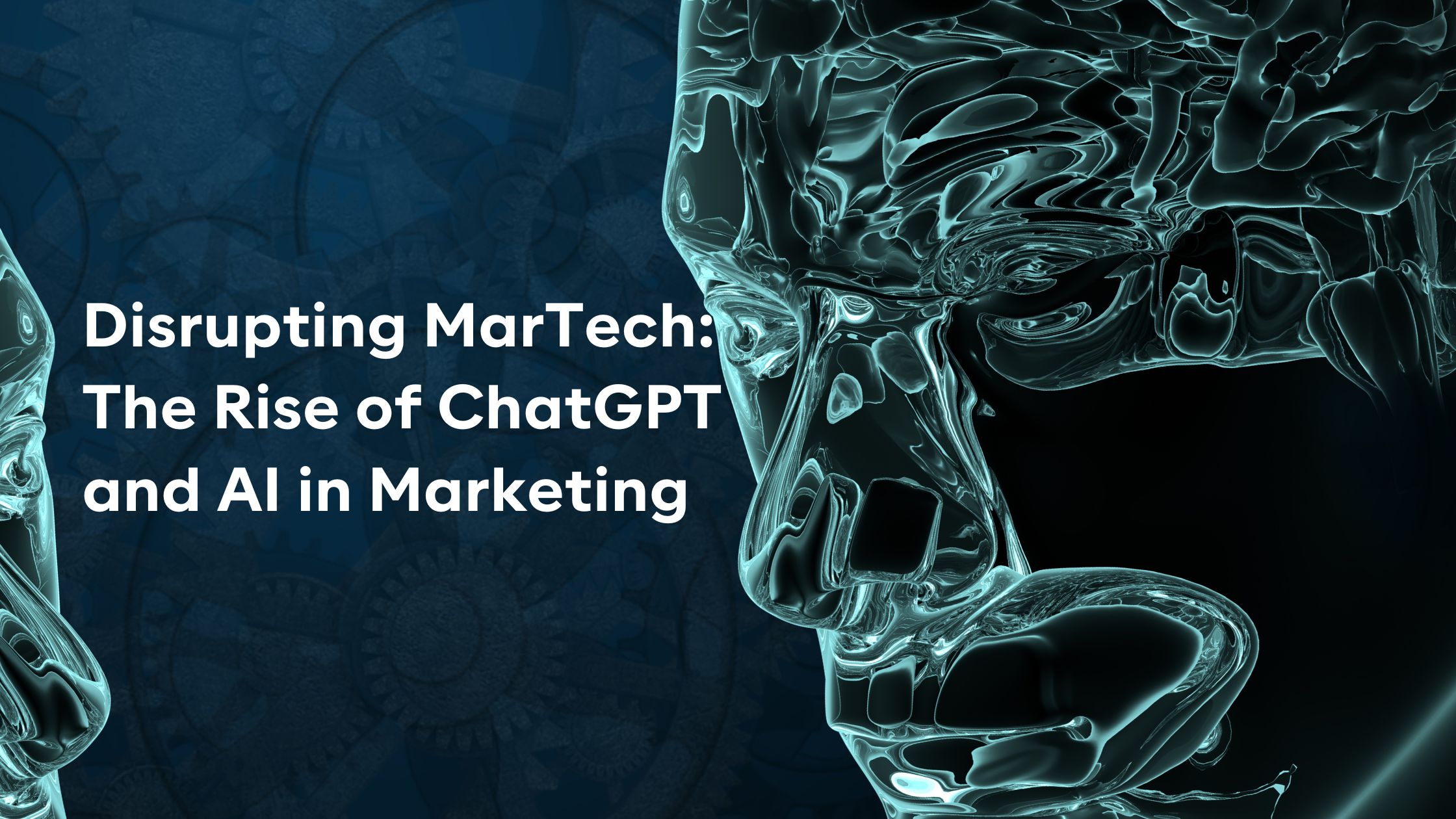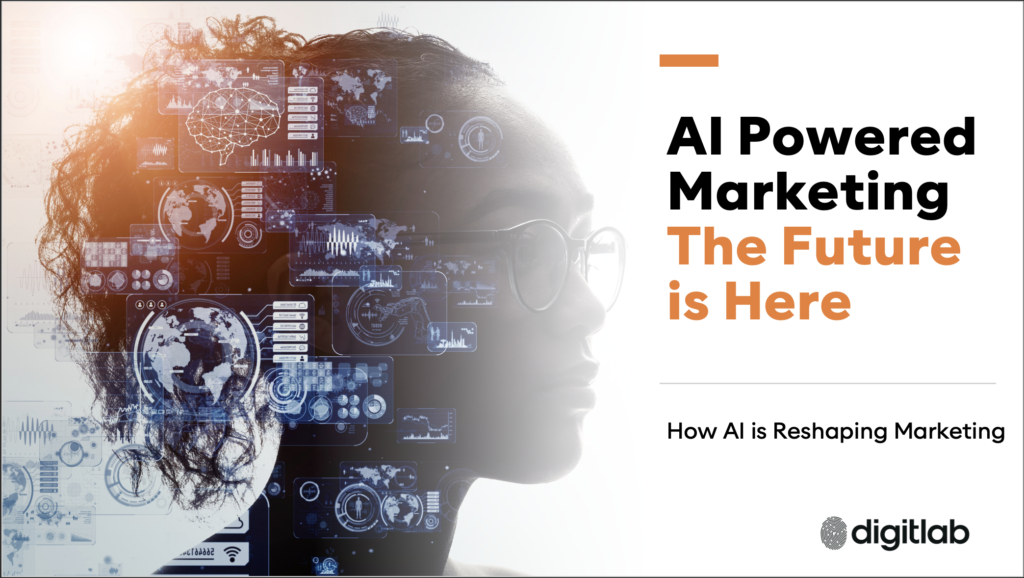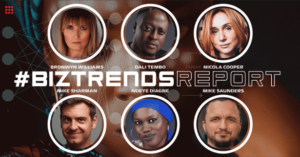A few people have been asking me to share my thoughts on this topic, so here goes. I’ll do my best to keep it concise and link to any more in-depth articles for those research junkies – but this might be a bit longer than my usual weekly update. If you’re looking for a keynote speaker to cover this at your next conference, you can contact me here.
The TL: DR Version:
- I am very excited about ChatGPT; I use it daily and will continue to do so.
- AI will push marketing innovation forward exponentially over the next few years.
- AI will permeate all aspects of marketing, customer experience and product development.
- ChatGPT is a great technology with excellent marketing applications. Still, it’s new, in its infancy and needs to be verified and treated like a child – it needs supervision, you need to double-check its work, and you can’t trust that it’s telling the truth.
Listen to its founder:
Let’s start with this, Sam Altman, ChatGPT and OpenAI founder, said this of ChatGPT “ChatGPT is incredibly limited but good enough at some things to create a misleading impression of greatness. It’s a mistake to rely on it for anything important. It’s a preview of progress; we have lots of work to do on robustness and truthfulness.”
Let that sink in, and remember to tread carefully and not get too caught up in the hype. Remember to look for humancentric value; that’s where we find the win.
AI is the innovation accelerator marketing has been waiting for
Since the social media storm, the content creator era, and the shifts in targeting digital advertising achieved, marketing has been relatively entirely on the innovation front. That many years with almost nothing innovative.
AI is a technology accelerator that will spearhead Martech innovation over the next few years. We can once again get excited about the future of marketing and sales.
ChatGPT will disrupt consumer behaviour.
AI is a technology that will impact both consumer lives and the backend software technologies that support marketers and their teams. So this technology will create new challenges with consumers akin to those that Google and Social Media created for brands and businesses.
Consumer-facing AI systems like ChatGPT will be used like the new Google; they will become a new and additional research tool on products, especially as this technology progresses to include more recent information. Google was the world’s Guru for knowledge, and in the last few months, ChatGPT has become the biggest challenger to dethrone Google of that title.
Will integrate seamlessly into product and customer experiences
At the same time, AI will integrate into the everyday lives of software and products; it will become an effortless part of customer experiences and open doors for marketers to improve customer experiences and journeys. This integration may look more like the impact IoT had on the world; people all over the world use IoT every day, but they don’t realise it; it’s wholly integrated into products and systems. A great example is people use AI every day in Microsoft Word.
Will streamline marketing work
Marketers spend a lot of time creating content, brainstorming ideas, fighting writer’s block and creative fatigue and creating massive volumes of content for distribution. ChatGPT says it can help; in its own words – “ChatGPT can be used to automate various tasks in the marketing technology industry, such as generating copy for ads, website content, and email campaigns. It can also be used to analyse and understand customer sentiment and to create personalised responses to customer inquiries. Additionally, it can automate customer service interactions by answering frequently asked questions. Overall, ChatGPT is helping to improve efficiency, personalisation, and scalability in the marketing technology industry.”
I have tested a few of these and can say the following:
- When generating copy, it is impressive but not creative and not original. It will not help marketers stand out or build compelling brands. Not yet, at least – as Nick Cave says, it sucks at writing song lyrics.
- If you provide a good enough, detailed brief, it can write web copy and email campaigns, but I felt at times that I had almost written the entire pager out with the amount of detail I needed to provide and the reverts I provided in the chat. Writing it myself may have been quicker and easier. Practice might make this easier in time, but I am not sure.
- It could not analyse any customer sentiment in the examples I tried.
- It’s excellent at customising and personalising existing content.
- In testing Martech products using the ChatGPT API, I can see the automation in customer queries working nicely and the use in content creation and personalisation working nicely in the sales and marketing industry. However, my physical tests led to results that lacked context and made incorrect assumptions.
Chat GPT can act like a dishonest employee trying to sound clever sometimes.
The other day I was doing research for a client and decided to use ChatGPT as part of the research process to see what additional information and, hopefully, the insight it would glean for me.
I was immediately impressed (as many people are) as it found statical data that I could not access and condensed it neatly. In particular, it found an interesting statistic that did not align with my research: “70% of South African doctors use social media for professional purposes.”
So I asked ChatGPT, “Where can I find this statistic” so that I could assess the validity of the source. The response reminded me of those moments when I caught an employee in the middle of a lie.
“I apologise; I made an error in my previous statement. I am a machine learning model, and my knowledge cutoff is 2021, and I don’t have access to recent data or surveys. My information is based on general knowledge about social media adoption and usage.”
At least we can be glad that ChatGPT owned up to the error, but it was only after I checked it and asked it for validation.
AI is making mistakes, and we’re holding it accountable.
AI is new and powerful, so its implications can be huge when it makes mistakes. I think we have learnt our lessons from the mistakes of the social media disruption, and we are observing this technology for signs of abuse, cyberattacks, plagiarism, human indecency, or anything else that may be detrimental. Here’s hoping, as humanity, we get this right and can better create a safe environment for people in this ever-evolving digital economy.







